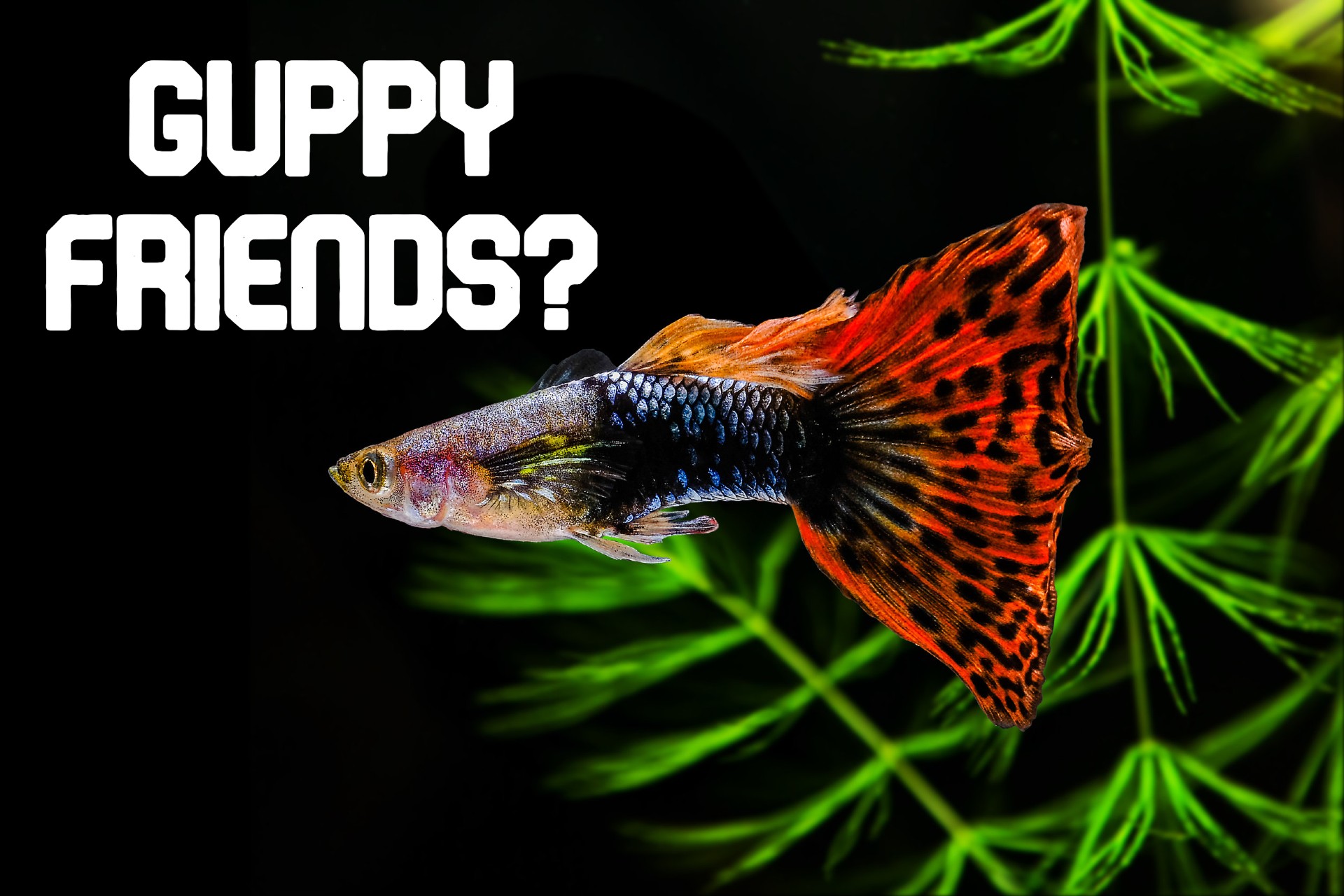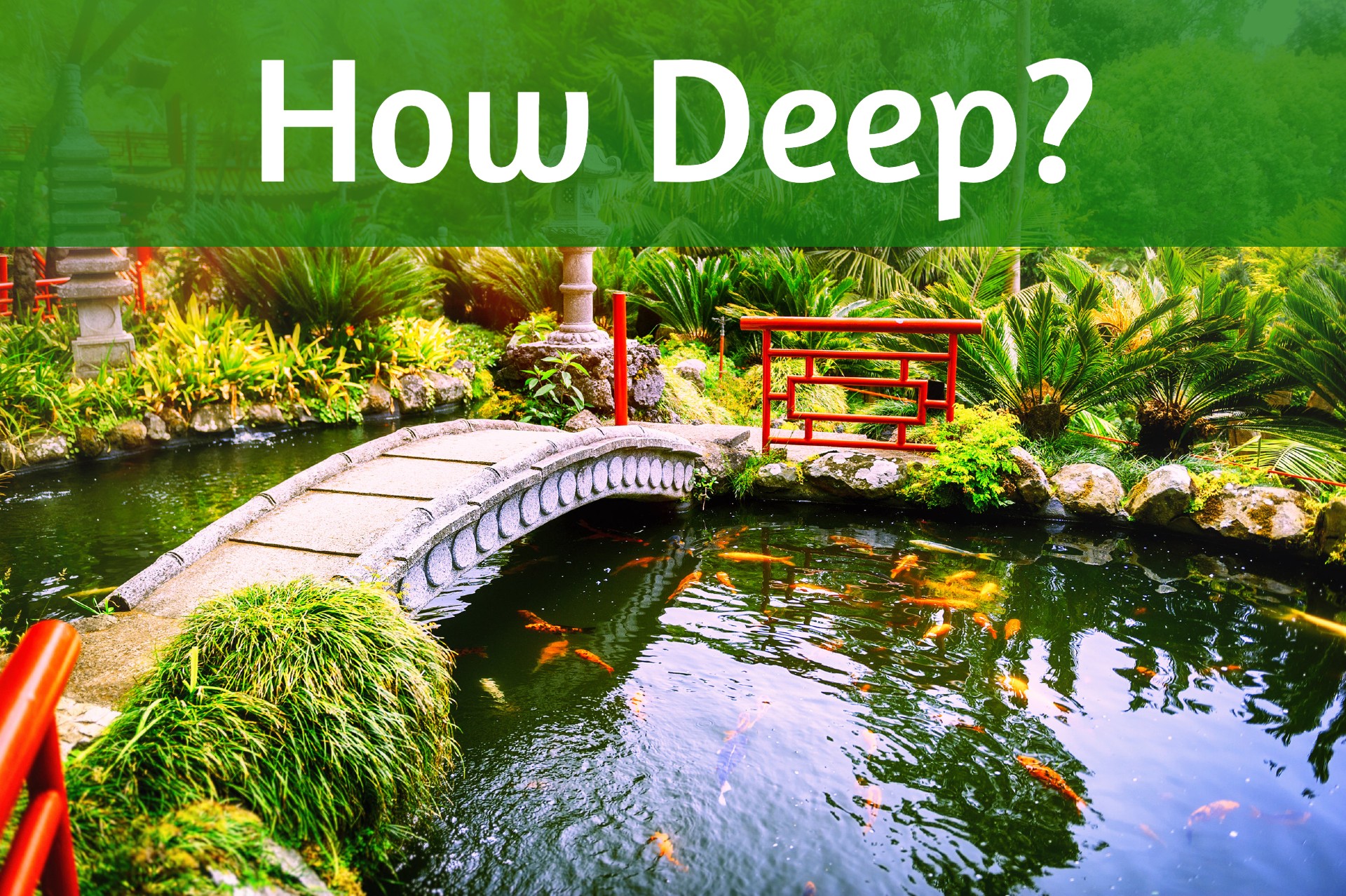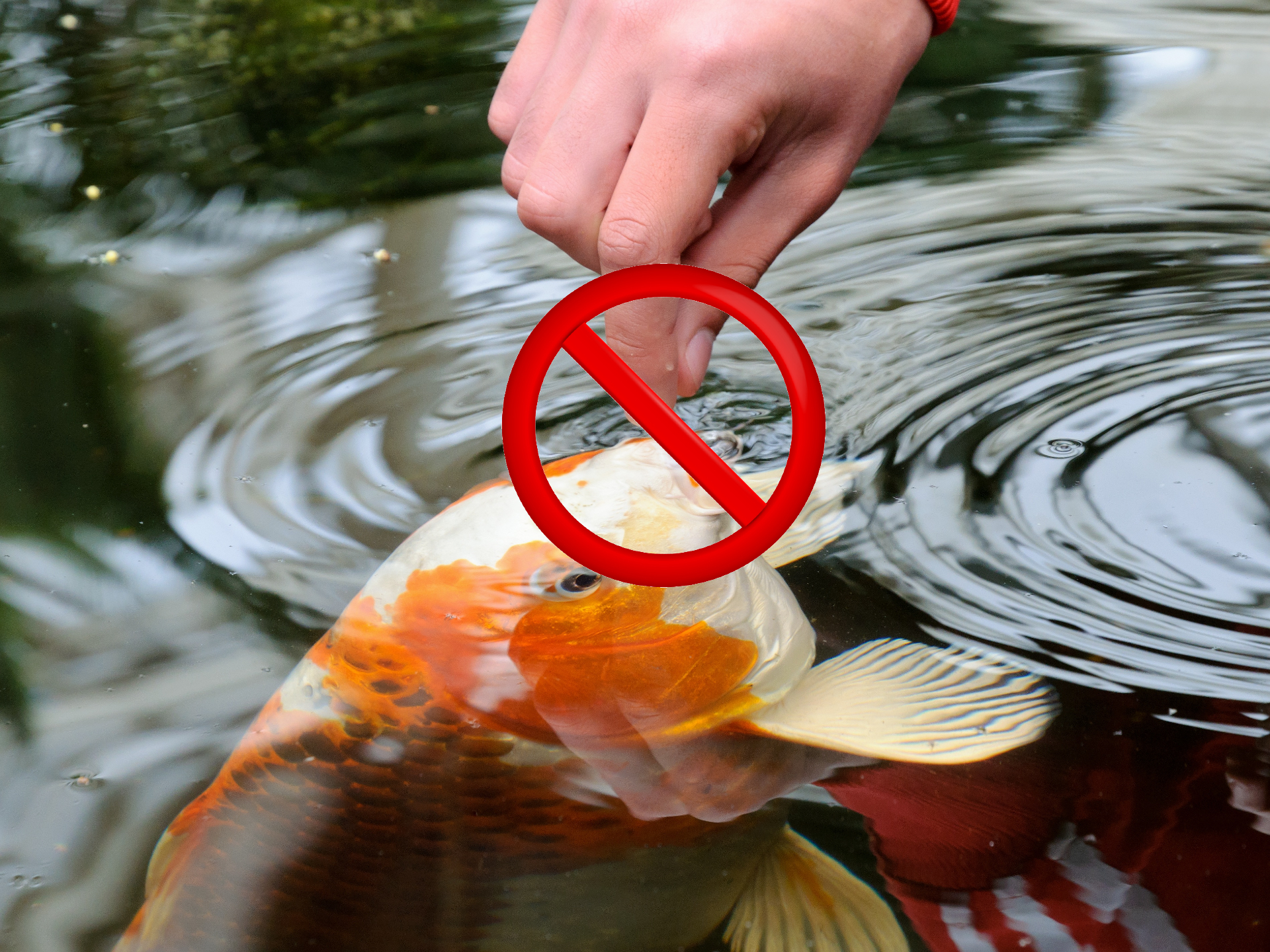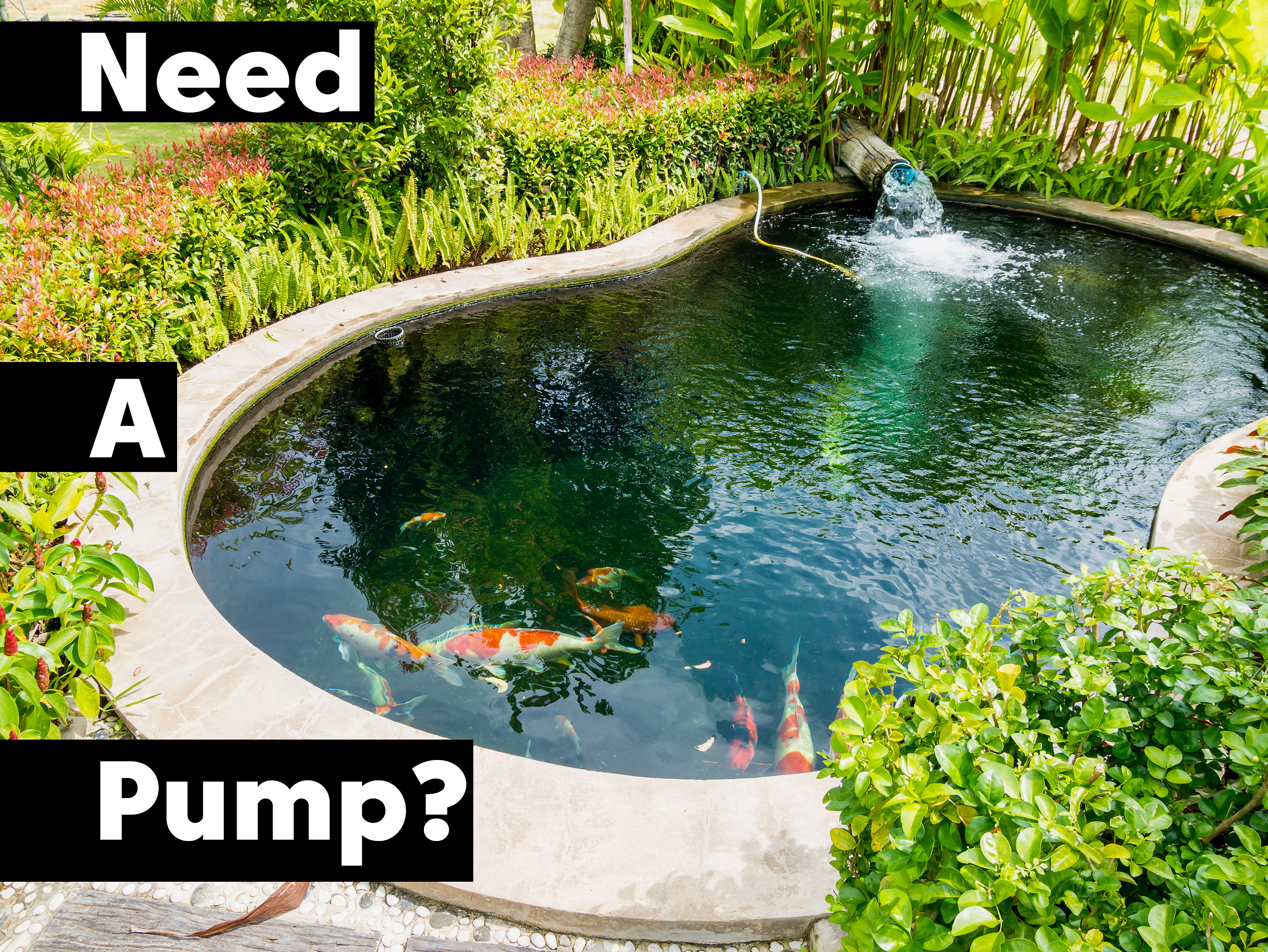Guppies are a great fish for beginner and seasoned fishkeepers alike. These fish are small, colorful, and have great energetic personalities. Guppies are live-bearing fish, which means they don’t lay eggs externally but give birth to live fry. It’s not uncommon for guppies to multiply in a tank, leaving you cramped for space. Since they are such low-maintenance fish, you might be asking yourself: can guppies live in an outdoor pond?
Yes, guppies can live in an outdoor pond under certain conditions. Guppies are very low-maintenance fish and can handle reasonable fluctuations in their water makeup, which is great because weather patterns can sometimes disrupt your pond water. They are also a great choice for small ponds, and can even be kept in above-ground containers, or “patio ponds” for those who are tight on space but would love to the ambiance that a pond can bring to the garden. Guppies are tropical fish, so it’s important to keep this in mind when you decide to put them in a pond. If you live in a climate where the nighttime temperatures rarely fall below 68 degrees, they will thrive. If you live in a cooler climate, you will need to bring the guppies indoors for the winter months.
Overview of Guppies
Guppies are small, tropical fish that has become one of the most popular freshwater fish. They are around 1.5” long, and many varieties of them feature a rainbow of colors that are beautiful to watch. Because they are so small, they are easy to keep in smaller tanks and are often kept in groups of 10 or more. In addition to getting along with each other, they are also docile and can be kept with other tropical fish in a community tank- provided their tank mates aren’t known for eating other fish!
Guppies prefer warm water, between 72 and 80 degrees is their preferred range. They also prefer a calm current due to their small size and delicate fins. For an aquarium or a pond, this means setting up a filtration system that doesn’t produce a strong water flow. Sponge filters are a great option for this species of fish.
Guppies reproduce without much encouragement, so be prepared to have ample space for fry. It’s not uncommon for guppies to cannibalize their fry if the tank is too crowded, so try to remove the extra fish before this becomes an issue- or make sure your pond is large enough and well planted to provide plenty of spaces for fry to hide while they grow. Although these social fish are generally peaceful, if the ratio of male to female fish becomes too great, the males might become territorial and pick on each other. It’s best to strive for a 3:4 ratio with guppies and to remove the extra males to their own space to keep the peace.
There are several types of guppy depending on your preference, and they all require about the same amount of care. Fancy guppies are some of the most common, with a variety of colors and spots that can create a rainbow in your tank. Veiltails are also popular due to their beautiful large tail fins, and swordtails feature a sharp angular tail that resembles a sword. Endler’s guppies are also popular, and less flashy than some of the other varieties of guppy. For pond guppies, color can be an important factor when you consider how visible you want them to be to possible predators.

Guppy Pond Basics
Guppies are small fish and they don’t require much in the way of space. Whether you have a large pond or a small container pond, 10 gallons is plenty for a handful of guppies. A non-negotiable when setting up a guppy pond is a filtration system. If your pond is set up with a pump and filter, this is plenty for keeping your guppies clean and happy. It might also be prudent to provide your guppy pond with a heater if your local climate has a tendency to flip flop regularly. Guppies, like most fish, prefer a stable temperature, and providing them with an external heater will prevent them from getting a chill. Aeration is important and is often achieved in ponds by means of a waterfall or fountain feature. These might create currents that are difficult for tiny guppies to navigate, so make sure they have plenty of room to avoid getting swept up.
Live plants are an important feature of any pond, and they do more than just provide atmosphere. Aquatic plants filter waste and chemicals out of the water and produce beneficial oxygen during the exchange. This symbiotic relationship will make your pond maintenance much easier, and the foliage will help provide valuable cover for your fish. Because guppies are sensitive to water flow, providing them with a healthy number of aquatic plants is very important for providing oxygen in the water- especially if you decide to forego a waterfall, fountain, or other aeration hardware.
Guppies enjoy the sunlight and placing your pond in the partial sun will help them grow strong. It’s important to avoid the full sun, as this might raise the temperature of your water too high if left unchecked. If your pond is in an area that gets sun most of the day, try providing shade over part of the pond with either plantings or a commercial covering. Since guppies are so small, even the most delicate of aquarium plants will provide them with adequate coverage. Guppies will also enjoy keeping your pond pest free, as they have a good appetite for mosquito larvae and algae.
Dangers to Consider
As with any fish, there are some unique dangers to pond living that are worth considering. Guppies are very good jumpers, so if you are keeping them in a pond it might be a good idea to consider placing a fine net on the surface of the water. A net has the added benefit of serving as a barrier for potential predators who might be looking for a tasty meal- the colors that make guppies so beloved to fishkeepers also make it difficult for them to hide from predators. Netting can also be a useful tool for trapping and removing debris from your garden that might find its way into your pond. Leaf litter, twigs and other garden byproducts that are left to decompose in the pond will lead to chemical imbalance and algae. They can also clog your filter and shorten its lifespan- so it’s important to keep them out of your pond.
It’s also important to note that because guppies breed so easily that the population can easily get out of control if you aren’t careful. Take caution when adding them to a large pond where they won’t be kept in check by larger fish and winter chills because they will take over like a weed. If you have timid tropical fish, they might be struggling to find food with all of the guppies to compete with.
Conclusion
Guppies are a great fish for beginners and are a favorite of experienced fishkeepers as well. They come in a variety of shapes and colors and do best in large groups which can lead to a very beautiful and colorful waterscape. They do well in large groups and make great pond fish for tropical climates. Since they are very small, they can do well in any size pond, even container ponds designed for patios. They require adequate filtration with a low current and prefer warm water which might require a heater in some areas. Guppies can still be placed in a small pond in cold climates, but they will need to be overwintered inside so they don’t die. If well cared for, guppies can live for 2-3 years, providing you with lots of enjoyment. They are livebearers, which means they give birth to live fry. They are known for breeding easily and fast, so make sure that your pond is large enough to accommodate the extra young.
In addition to being beautiful and low maintenance, guppies make great pond fish because they love to eat live food, including mosquito larvae. They will also eat algae, which will help keep your pond clean and pest-free. Guppies might need some extra considerations when being kept in a pond environment, including providing them with protective netting to prevent them from jumping out of the pond. Netting will also help keep potential predators at bay, and make it easier to collect leaf litter and other yard debris out of your pond. If you live in a climate that supports guppies year-round, be careful when adding them to your pond. They breed prolifically and can quickly take over your pond, to the dismay of your other fish. Guppies are a great fish for most fishkeepers, and with some care, they can easily adapt and thrive in a pond environment.
Related Topics
If you like the article above, here are some other similar articles you should check out!
Can Pond Fish Survive without Feeding?





